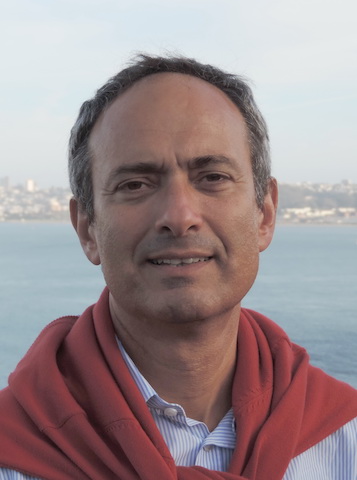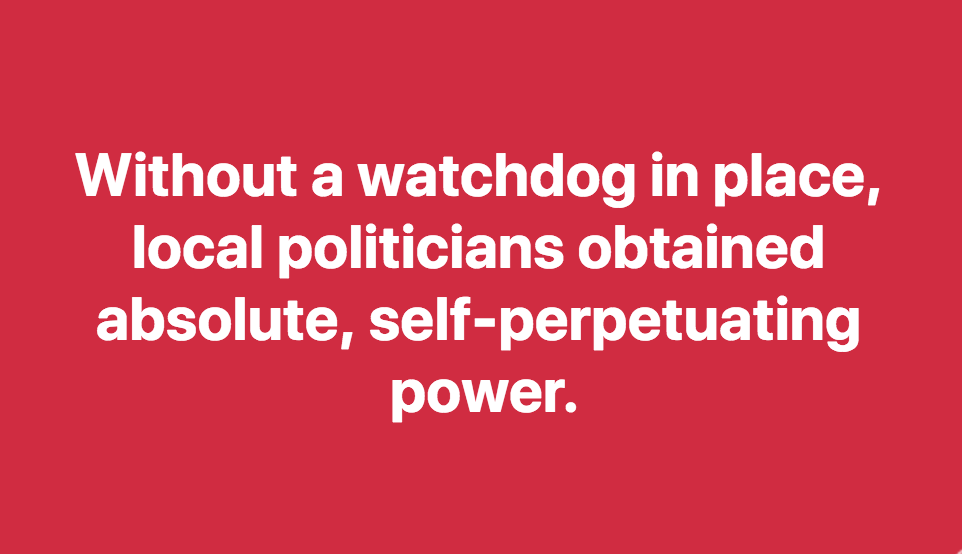By Spas Spasov
 As paradoxical as it may sound, the freefall in media quality in Bulgaria, which led to the country’s lamentable drop to 111th place in the 2018 World Press Freedom Index by Reporters Without Borders, started after Bulgaria’s accession to the EU in 2007. It was during this period that a system of print, electronic, and online media with a single owner emerged, whose activity was financed by loans from banks where the state had deposited much of the country’s financial resources. At the same time, the news distribution network was monopolized. These processes were facilitated by a severe slump in the advertising market, a consequence of the global economic downturn.
As paradoxical as it may sound, the freefall in media quality in Bulgaria, which led to the country’s lamentable drop to 111th place in the 2018 World Press Freedom Index by Reporters Without Borders, started after Bulgaria’s accession to the EU in 2007. It was during this period that a system of print, electronic, and online media with a single owner emerged, whose activity was financed by loans from banks where the state had deposited much of the country’s financial resources. At the same time, the news distribution network was monopolized. These processes were facilitated by a severe slump in the advertising market, a consequence of the global economic downturn.
The ultimate effect of all this was severe contamination, even poisoning, of the media environment in Bulgaria. Regional journalism suffered the heaviest blow. The consequences became evident just a few years later thanks to a series of studies by non-governmental organizations working to protect speech and media freedom.
According to an analysis of the Association of European Journalists – Bulgaria, one of the most common methods of influencing the editorial content of regional media in this country involves the so-called Information Service Agreements, which the media conclude with municipal administrations. In practice, these agreements are a formal arrangement to sell an audience for a survival guarantee. The most brazen versions of these agreements bind the media to “protect the good image” of the local government during the funding period.
The serious deformation of the media environment in the country has severe, even fatal consequences, which are often neglected. Indirect damage can easily be identified in the uncontrolled exercise of power at the local level, distorted or outright corrupt public procurement practices, glaring conflicts of interest, and the unprecedented merging of local authorities with entities from the gray economy and, in the worst case, directly with organized crime.
An investigation that I carried out for the daily newspaper Dnevnik in 2016 with the help of the Access to Information Programme showed that ten randomly chosen Bulgarian municipalities had spent nearly 2.7 million levs to buy influence in the local press over a period of three years (2013–2015).
 This figure is impressive, but less so when compared to the size of a typical local budget. It accounts for less than one percent of the average municipal budget. According to the information provided under the Access to Public Information Act, more than 90 percent of local media had been bought with budget funding.
This figure is impressive, but less so when compared to the size of a typical local budget. It accounts for less than one percent of the average municipal budget. According to the information provided under the Access to Public Information Act, more than 90 percent of local media had been bought with budget funding.
Burgas was at the top of the list of the ten municipalities in my report, ranked according to their “media service” costs. From the data gathered in the course of the investigation, it emerged that the lion’s share of the funds paid to local and central media and PR agencies had gone toward publishing and broadcasting controlled content on radio and TV. Varna, a city that suffers severely from the critical mass of aggressively imposed political and economic monopolies that has been building up in the past 15 years, came in a close second.
The investigation revealed that Montana, a city in Northwest Bulgaria (the poorest and most economically disadvantaged region in the European Union), had shown impressive generosity toward local media. In May 2015, the mayor of this city was in his fifth consecutive term in office. The municipality ranked fifth with an investment of 152,000 levs to have its interests served by regional media. At the same time, it had the smallest budget of all the municipalities on the list—just 90.5 million levs over a three-year period. Use of these funds was as targeted as it could possibly be: the exact same media received them year after year. There was just one difference—the amounts increased every time, reaching a peak in 2015, an election year.
Several investigative reports over the past two years have shown that the trend outlined here has not only been sustained but also become more pronounced. It emerged that, in 2017 and 2018, national media included “standard” clauses in their contracts in favor of local administrations, ensuring journalists’ loyalty in exchange for funding. Thus, big media companies entered the battle scene with their local counterparts for a piece of the pie—that is, municipal budgets.
What did the decline of regional journalism lead to?
 First, a substantial segment of the Bulgarian media was “silenced.” Without a watchdog in place, local politicians obtained absolute, self-perpetuating power. Many citizens remain without representation as a result. Distorted, manipulated communication between citizens and government affected voting freedom, which became a mere formality, at best, or disappeared, at worst, in both big and small cities. Competition was destroyed, severely distorting the business environment. Civil society, barely standing on its feet as it was, was deprived of power and marginalized. The quality of surviving regional media reached new, fatal lows, which directly affected the outcome of its efforts.
First, a substantial segment of the Bulgarian media was “silenced.” Without a watchdog in place, local politicians obtained absolute, self-perpetuating power. Many citizens remain without representation as a result. Distorted, manipulated communication between citizens and government affected voting freedom, which became a mere formality, at best, or disappeared, at worst, in both big and small cities. Competition was destroyed, severely distorting the business environment. Civil society, barely standing on its feet as it was, was deprived of power and marginalized. The quality of surviving regional media reached new, fatal lows, which directly affected the outcome of its efforts.
A number of surveys of the media environment outlined the steps that need to be taken (and in some places are being taken, timidly) to get out of this situation. These can be grouped in four main categories: providing professional and legal assistance, organizing training on the regional level, encouraging national media to support regional investigative journalism, and, last but not least, expending greater efforts to relate to the problems faced by local professional communities.
It was within this framework that nonprofit organization Pro Veritas launched For the Truth, a project funded by the America for Bulgaria Foundation. The idea behind it is to offer an online platform (zaistinata.com) for critical voices from across the country, the work of local journalists, and independent investigations.
Spas Spasov is an investigative journalist and head of Dnevnik‘s Varna office. In 2012, he was named Human of the Year by the Bulgarian Helsinki Committee in recognition of his contribution to human rights protection. In 2016, he received an Access to Information Programme award for the best publication on the right to access to information.

